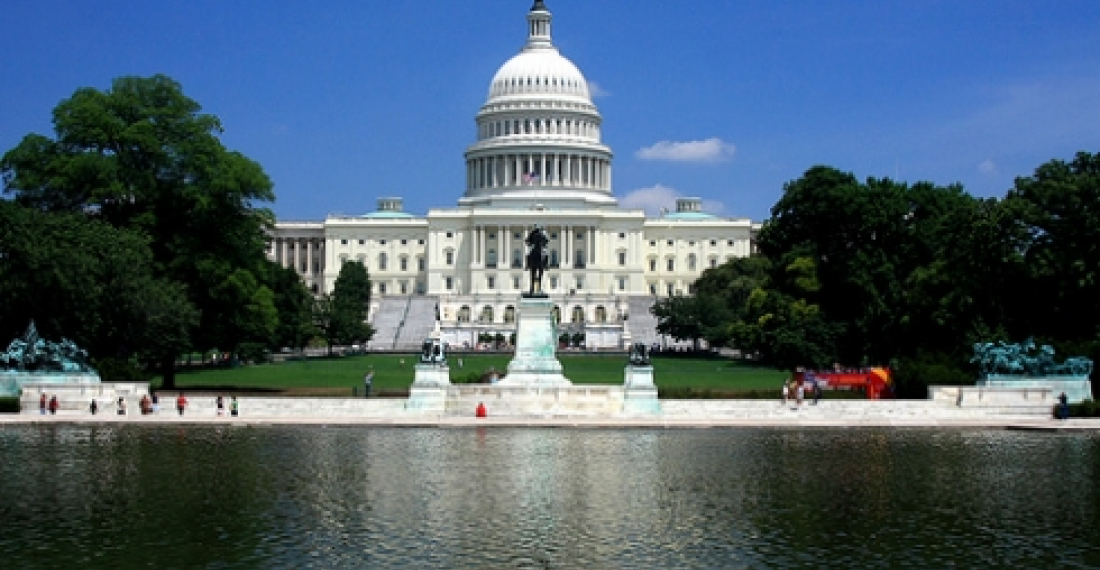In his annual report to the United States Senate, the Director of Intelligence James Clapper has identified Nagorno-Karabakh as a potential flashpoint in Eurasia. The report states that "Heightened rhetoric, distrust on both sides, and recurring violence along the Line of Contact increase the risk of miscalculations that could escalate the situation with little warning."
The Worldwide Threat Assessment of the US Intelligence Community for the Senate Select Committee on Intelligence was presented to the American senate this week. It lists a number of potential threats to gloabal peace. The report says that in Eurasia, the unresolved conflicts in the Caucasus remain on of the most serious threats. Overall the report says that at the forefront of security concerns for the United States are counterterrorism, counterproliferation, cybersecurity, and counterintelligence.
Commonspace.eu political editor said in a comment that "for some time now the international community has been concerned that an incident on the line of contact seperating Armenian and Azerbaijani forces in the Nagorno-Karabakh conflict zone may escalater quickly into a much larger confrontation. That is why there have been many attempts to increase confidence building measures, as well as monitoring of the conflict region. The US intelligence report once more highlight these concerns."
source: commonspace.eu
photo: The United States Senate building in Washington DC







